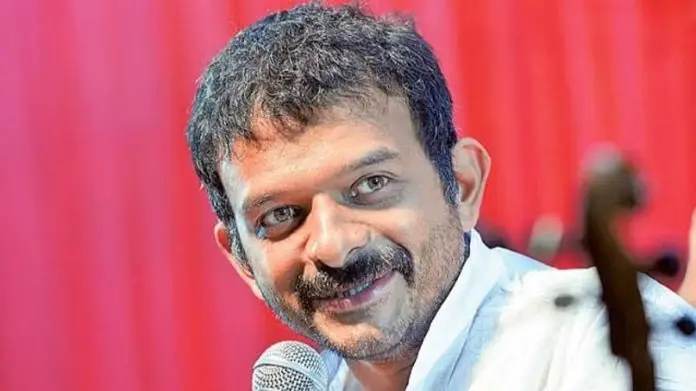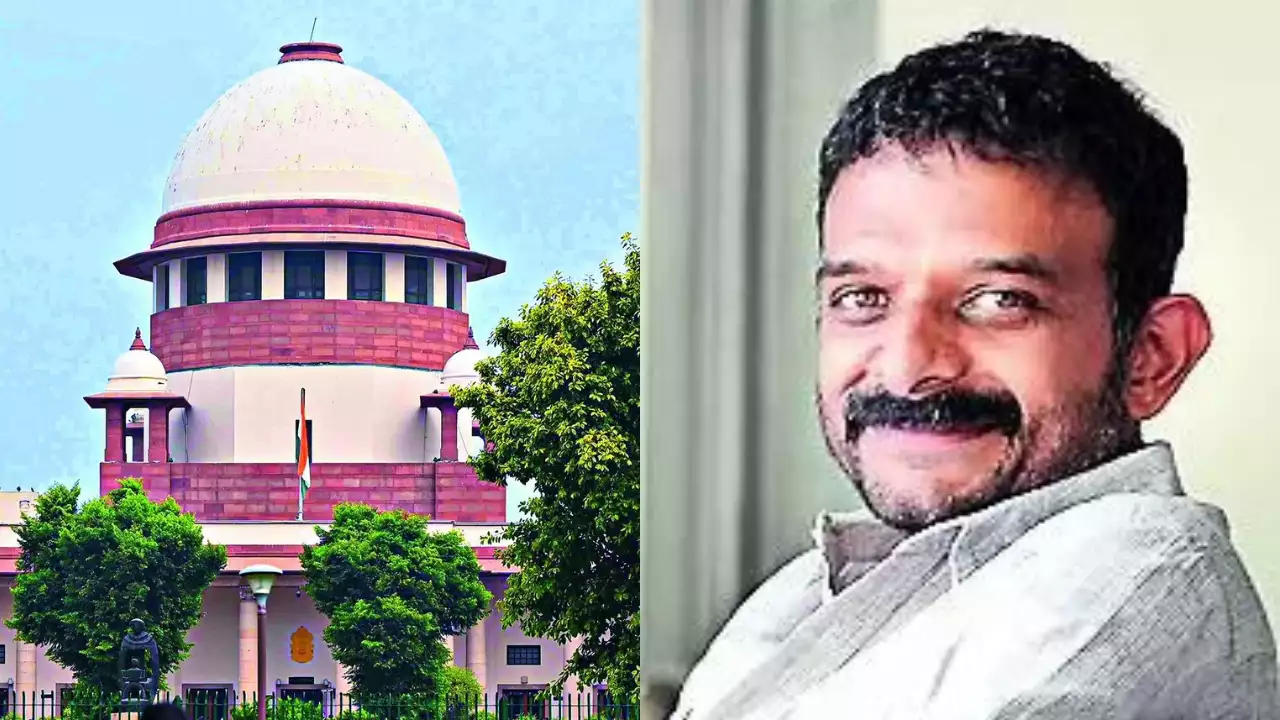Setback for TM Krishna as Supreme Court Questions MS Subbulakshmi Award Recognition
The ongoing controversy surrounding the use of legendary Carnatic singer MS Subbulakshmi’s name for an award reached a significant turning point as the Supreme Court of India intervened. On Monday, the apex court issued notices to celebrated Carnatic vocalist TM Krishna, the Music Academy, and other parties involved in the matter. The move followed a petition filed by MS Subbulakshmi’s grandson, who challenged the use of her name for the award, alleging it violated the terms of her will.
Also Read: Trucking Injuries Attorney Houston: Seeking Justice After an Accident
Background of the Case
The dispute revolves around whether MS Subbulakshmi’s name can be associated with awards, as per her stated wishes in her will. Her grandson, the petitioner, has argued that the use of her name infringes upon the specific directives she left behind. The Supreme Court’s involvement comes after the Madras High Court issued conflicting rulings regarding the matter. The legal tug-of-war has placed TM Krishna, a renowned vocalist and social activist, at the center of the debate, as he was set to receive the prestigious award this year.
Supreme Court’s Observations
On Sunday, the Supreme Court declined to immediately intervene, stating that it would hear the matter on Monday. Chief Justice of India Sanjiv Khanna commented, “The appeal will be heard on Monday, and the award could be taken back if the court ultimately finds any merit in the case.” This remark underscores the gravity of the legal questions surrounding the award and its legitimacy.
On Monday, the court issued notices to TM Krishna and the Music Academy, signaling its intention to thoroughly examine the claims made by MS Subbulakshmi’s grandson. The petitioner has contested that associating her name with the award goes against her will’s explicit terms, which purportedly forbid the establishment of any foundation, trust, or memorial in her memory.
High Court’s Stance
Earlier, the Madras High Court had allowed the Music Academy to proceed with conferring the MS Subbulakshmi award, overturning a single judge’s order that had restrained the academy from doing so. The division bench, comprising Justices S S Sundar and P Dhanabal, interpreted the will differently. According to the bench, the language of the will does not explicitly prohibit awards being instituted in Subbulakshmi’s name. “Had it been the intention of the testatrix that no award shall be conferred on anyone in her name, that could have been expressed in simple language. An interpretation contrary to the plain language of the instrument is not permissible in law,” the judges stated.
The High Court’s ruling also pointed out that during her lifetime, MS Subbulakshmi had acknowledged several initiatives and awards instituted in her name. This acknowledgment, the court noted, undermines the petitioner’s claim that such actions were against her wishes.
Controversy Surrounding TM Krishna
TM Krishna, known for his innovative contributions to Carnatic music and outspoken views on social and cultural issues, has inadvertently found himself at the center of the legal battle. The petitioner’s suit alleged that the case was driven by personal motives against Krishna, rather than genuine concern for MS Subbulakshmi’s legacy. The High Court also observed that the plaintiff had not raised objections against other organizations that had instituted similar awards in Subbulakshmi’s name. This selective targeting further complicated the matter, with the court questioning the bona fides of the petitioner’s claims.
Legal and Ethical Implications
The case raises critical questions about the interpretation of wills and the boundaries of honoring legacies. While the petitioner insists that MS Subbulakshmi’s name should not be used for awards, others argue that such recognition only amplifies her contributions to Indian classical music. The High Court’s ruling emphasized that prohibiting the use of her name for awards would require an explicit directive, which the will does not contain.
This legal interpretation opens a broader discussion on how cultural icons’ legacies should be preserved and whether their personal wishes should always take precedence over the larger public interest. In MS Subbulakshmi’s case, her global reputation as a trailblazing musician and cultural ambassador has made her name synonymous with excellence in Carnatic music.
Supreme Court’s Role in Resolving the Dispute
With the Supreme Court’s involvement, the case has entered a critical phase. The apex court’s decision will likely set a precedent for similar disputes in the future, where personal legacies intersect with public honors. If the court finds merit in the petitioner’s arguments, it could mandate the withdrawal of the award, a move that would have significant implications for TM Krishna and the Music Academy.
Award Ceremony Amid Legal Uncertainty
Despite the ongoing legal battle, the Music Academy proceeded with the award ceremony on Sunday. Senior advocate N Venkataraman, representing the petitioner, had urgently mentioned the matter before the Supreme Court, seeking immediate intervention. However, the court’s decision to hear the appeal on Monday allowed the ceremony to take place as planned. This sequence of events has added another layer of complexity to the controversy, as the court’s eventual ruling could invalidate the award retrospectively.
Also Read: Premier Houston Semi Truck Accident Attorney
Broader Implications for the Arts and Culture
The case has sparked a wider debate within the arts and cultural community. While some view the legal challenge as a necessary step to uphold MS Subbulakshmi’s wishes, others see it as an unwarranted obstacle that tarnishes her legacy. Many argue that recognizing TM Krishna with the award aligns with Subbulakshmi’s ethos of promoting excellence and innovation in Carnatic music. However, the petitioner’s stance reflects a more conservative interpretation of her will, prioritizing strict adherence to her stated wishes over broader cultural considerations.
Conclusion
As the Supreme Court deliberates on the matter, the stakes remain high for all parties involved. For TM Krishna, the controversy represents more than just a legal hurdle; it is a reflection of the complex interplay between tradition, innovation, and individual legacy in the world of Carnatic music. For the Music Academy, the case underscores the challenges of honoring cultural icons while navigating legal and ethical constraints. Ultimately, the court’s verdict will not only resolve the immediate dispute but also shape how India’s rich cultural heritage is celebrated and preserved in the years to come.


